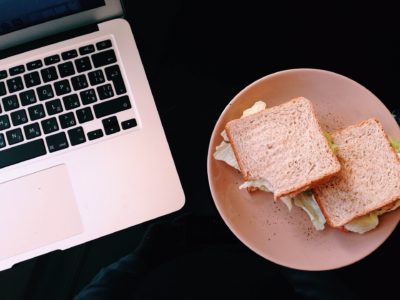
Are you paying employees for the time they spend on meal breaks? Most employers don’t. That’s because the Fair Labor Standards Act and its implementing regulations clearly provide: “Bona fide meal periods are not worktime.” 29 C.F.R.§ 785.19(a). Some employers rely upon that general regulation and simply refuse to pay employees who take a meal break. That over-generalization can be costly, because it ignores the requirement that a meal period be “bona fide.” A meal break is only bona fide if the employee is “completely relieved from duty for the purposes of eating regular meals.” Id.
The United States Department of Labor provides some guidance on this issue here: Breaks and Meal Periods. Typically, a bona fide meal period lasts at least 30 minutes. Short breaks of 5 to 20 minutes are generally considered compensable work time.
The key issue here is whether the employee is “completely relieved from duty” during meals. That was the focus of the Eleventh Circuit’s recent opinion in Cooley v. HMR of Alabama, Inc., No. 18-10657, 2018 WL 4232041 (11th Cir. Sep. 6, 2018). In Cooley, the plaintiffs were nursing assistants and licensed practical nurses. They claimed that during meal breaks they “cared for patient needs” and “tended to patients,” but were not paid for that time. They sued under the FLSA, but a trial judge dismissed their complaint — finding that it failed to adequately state a claim under the law.
The Eleventh Circuit reversed that decision. The court found that the employees’ allegations stated a plausible claim that they were not “completely relieved from duty.” Even so, the employer raised an additional defense. In order to be compensated, the nurses needed to be performing an activity that was a “principal activity” or “integral and indispensable to the principal activities that an employee is employed to perform.” The employer argued that the nurses’ allegations were so vague that it could not determine if they were performing a “principal activity” during the meal breaks. The Eleventh Circuit quickly rejected that argument, finding that “[i]t is reasonable to assume that caring for and tending to patients during the workday is a ‘principal activity’ of a nursing home employee, especially when that employee is employed in at least some capacity as a nurse.”
The Eleventh Circuit’s opinion does not mean that the nurses have won their lawsuit. Instead, they are simply being given the chance to proceed and prove their case. The employer still might win if it can demonstrate that the employees were “completely relieved from duty,” or not performing a “principal activity” during the meal breaks. Nevertheless, Cooley provides an important reminder that employers should carefully review their meal break policies and ensure that employees are “completely relieved from duty” if they are not being paid.